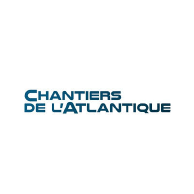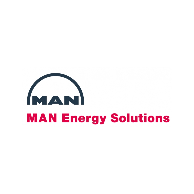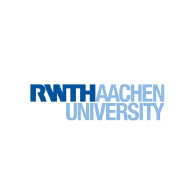Shipping emissions represent around 13% of the overall EU greenhouse gas emissions from the transport sector. (1) According to the goals of the Paris Agreement and regulations of the International Maritime Organization (IMO), cost-effective emission reduction is one of the challenges that the maritime industry is facing. This situation unlocks the potential for change and technical innovation.
The NAUTILUS project aims at developing, evaluating and validating a highly efficient power generation system fuelled by Liquefied Natural Gas (LNG) for long-haul passenger ships. The to-be-developed system will cut greenhouse gas (GHG) emissions by 50% and all other diesel engine exhaust gas emission components almost entirely.
A novel energy technology will be applied on a cruise ship. The system will take care of all heat and power needs of the cruise vessel. The concept consists of a Solid Oxide Fuel Cell (SOFC)-battery hybrid Genset integrated with existing Internal Combustion Engine (ICE) generators. The ultimate goal is to fully cover the power demand of cruise ships with the SOFC-battery technology, to fully power the ship on renewable fuels. However, in the near future, the generators will be gradually replaced with a hybrid system. The suggested technology will offer higher efficiency, improved dynamic capability, fuel flexibility, modularity and lower maintenance due to fewer moving parts.
Project final video (10/2024)
NAUTILUS Genset assembly at German Aerospace Center (DLR) (10/2024)
NAUTILUS and Sustainable Shipping Days (SSD) (7/2024)
Project initial video (2021)
NAUTILUS project has received funding from the European Union’s Horizon 2020 research and innovation program under grant agreement No 861647.














